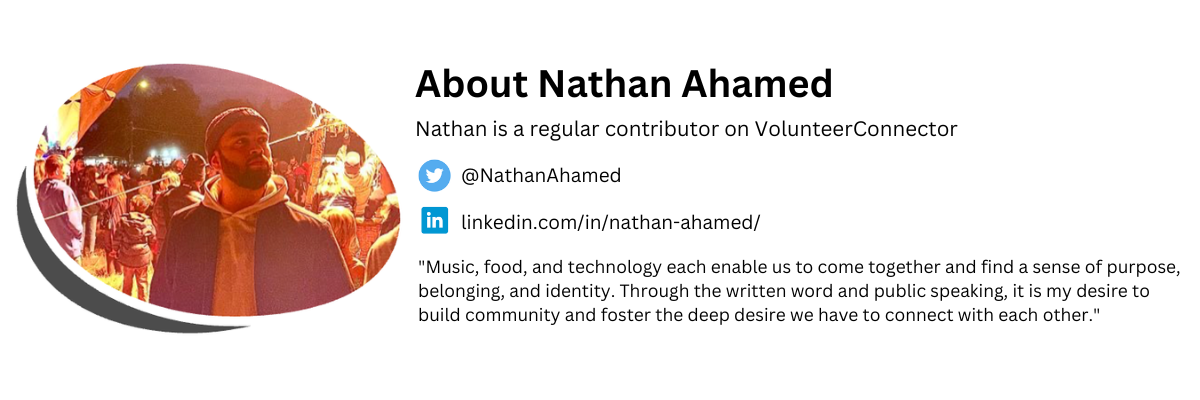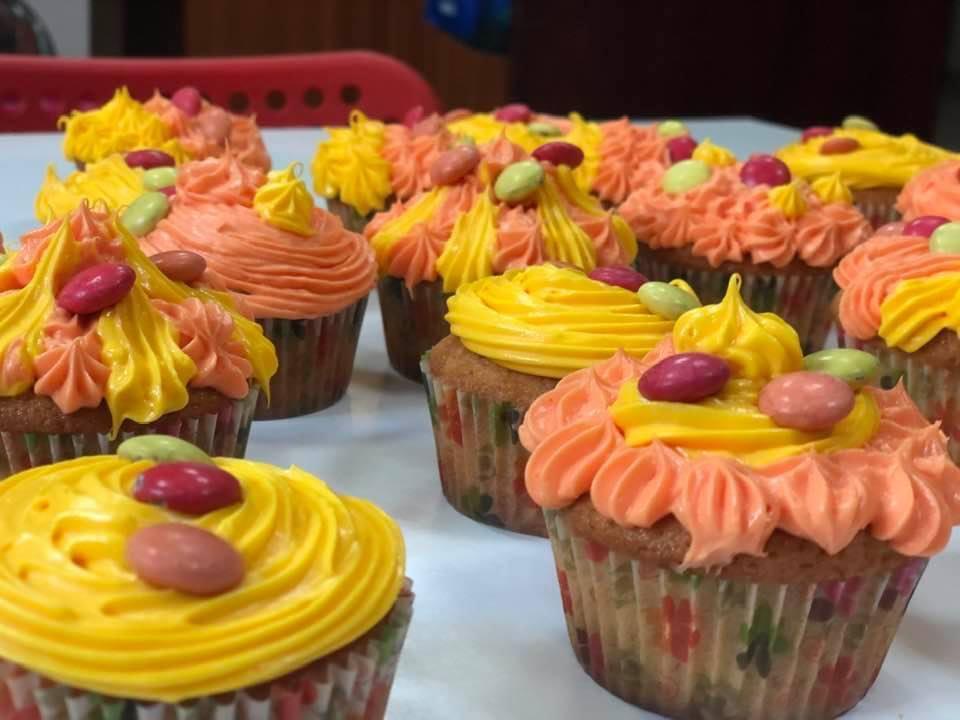Hockey Culture and Sexual Abuse
What is happening, and what can we do about it?
 Every Canadian grows up surrounded by hockey. It’s a pillar of culture and pride in our nation. As a country that boasts some of the longest and coldest winters on the planet, the sport is a bright spot nationally and globally. Frozen ponds and community rinks are home to rites of passage like lacing up for the first time, pushing a chair across the ice, and the inevitable bumps and bruises that follow.
Every Canadian grows up surrounded by hockey. It’s a pillar of culture and pride in our nation. As a country that boasts some of the longest and coldest winters on the planet, the sport is a bright spot nationally and globally. Frozen ponds and community rinks are home to rites of passage like lacing up for the first time, pushing a chair across the ice, and the inevitable bumps and bruises that follow.
But what happens when the pride of our beloved pastime is marred by a culture that perpetuates sexual assault and protects the abusers? The problem lies in multiple areas: a legal system that doesn’t support victims—especially women, a locker room culture that ignores unhealthy behaviors and hazing, and inept leadership at the highest levels of Hockey Canada. It seems we can't go a few months without hearing of a new case, and these terrible accounts of assault are beginning to overshadow any gold medal or championship. All eyes will be on the reopened 2018 sexual assault case involving five Canadian hockey players as London Police have committed to justice and reform.
It can be easy to feel helpless when you see continued injustice committed against women and young players. Part of the solution is to help lobby for change. Take the initiative to raise awareness and inform your local and national representatives that this issue matters. You can act by providing support for organizations that are helping those affected by sexual abuse. We must not wait on the sidelines for change but advocate for those affected by sexual abuse, work to prevent it, and reassess the systems perpetuating it. Several organizations in Calgary are striving to support victims of sexual abuse and provide education and awareness. You can volunteer or donate to these organizations to help make a difference.
Calgary Communities Against Sexual Abuse, or CCASA, aims to educate and provide support for individuals affected by sexual harassment and abuse. They have been working in the space for 25 years and are always looking for volunteers to help spread awareness of their work. They also provide extensive training for volunteers on their support and information line.
Salal Sexual Violence Support Center has a 24-hour crisis and support line; they provide services to walk alongside those affected by sexual abuse, including counseling and court accompaniment. You can volunteer at fundraisers, at the crisis line, and with operations around the office.
CoSA Canada is actively advocating for legislative reform and working to provide research-based restorative justice programs. Their research shows that the chances of a second offense can be reduced by up to 80% with proper systems in place. Not only are they actively seeking volunteers, but they are also providing training for those who want to help in this space.
Little Warriors provides a safe space for children and youth who have been affected by sexual abuse. They focus on raising awareness through education, workshops, and research, as well as programs and treatment facilities to support those directly affected by trauma. They always look for donations to keep their programs running and volunteers to help run workshops and provide education.
All these organizations share the need to champion awareness and education. We must hold bodies like Hockey Canada, our lawmakers, and the police force accountable., It is equally imperative that we educate ourselves, our communities, and our children. If you or someone you know has been affected by sexual abuse, all these organizations listed have someone you can reach out to for help. You can call 911 for emergencies or the non-emergency line (in Calgary) at 403-266-1234 to report sexual abuse.


 This week we welcome Gomathi Sridevi. Gomathi is an aspiring writer with a background in Journalism and a degree in Sociology. Her fascination with societal issues and a desire to articulate thoughts led her to pursue writing. Nurtured by a childhood habit of avidly reading newspapers, she found herself drawn to the world of storytelling. She is commited to exploring the depths of human experience and advocating for social justice as she continues to wield the power of words to inspire, inform, and empower others.
This week we welcome Gomathi Sridevi. Gomathi is an aspiring writer with a background in Journalism and a degree in Sociology. Her fascination with societal issues and a desire to articulate thoughts led her to pursue writing. Nurtured by a childhood habit of avidly reading newspapers, she found herself drawn to the world of storytelling. She is commited to exploring the depths of human experience and advocating for social justice as she continues to wield the power of words to inspire, inform, and empower others.  This week we welcome guest writer
This week we welcome guest writer  Part 2: Accomplishing Goals in Volunteering
Part 2: Accomplishing Goals in Volunteering A new year is underway. Some of us have made goals, and some may have already given up. If you have fallen into the latter category, fear not. There is plenty of time left in the year, and I have discovered some tips to help you reframe your goals and pick them back up again. Whether your goal is better physical fitness, a new career trajectory, increasing time with friends and family, or volunteering, this two-part article series will encourage you and help set you up for success!
A new year is underway. Some of us have made goals, and some may have already given up. If you have fallen into the latter category, fear not. There is plenty of time left in the year, and I have discovered some tips to help you reframe your goals and pick them back up again. Whether your goal is better physical fitness, a new career trajectory, increasing time with friends and family, or volunteering, this two-part article series will encourage you and help set you up for success!

 We welcome guest blog writer Josie Simon. Josie is a freelance writer with a BA in Political Science from the University of Calgary and a steadfast believer in the power of volunteering. Her journey has taken her from the vibrant lecture halls of the University of Calgary to the heart of our community, serving in roles like the Humour and Opinions Assistant for the Gauntlet Publications Society, the Director of Education and Outreach for the Women in Politics Club, and a student volunteer with the SU Campus Food Bank. These roles have deepened her conviction in service and advocacy, reinforcing the significant impact we can have through commitment and action.
We welcome guest blog writer Josie Simon. Josie is a freelance writer with a BA in Political Science from the University of Calgary and a steadfast believer in the power of volunteering. Her journey has taken her from the vibrant lecture halls of the University of Calgary to the heart of our community, serving in roles like the Humour and Opinions Assistant for the Gauntlet Publications Society, the Director of Education and Outreach for the Women in Politics Club, and a student volunteer with the SU Campus Food Bank. These roles have deepened her conviction in service and advocacy, reinforcing the significant impact we can have through commitment and action.
